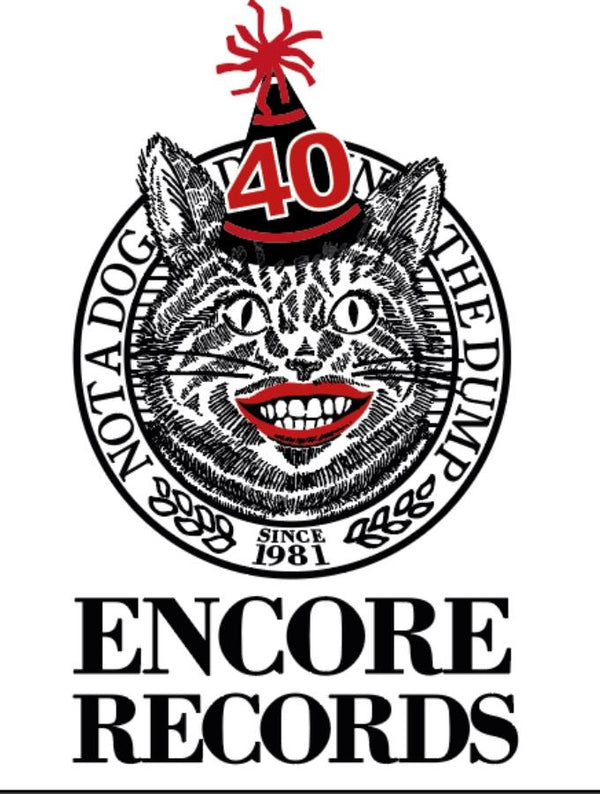Encore Records Ltd
CD - Faust - Blickwinkel
CD - Faust - Blickwinkel
Couldn't load pickup availability
1 CD - Import
After dipping into the archive to deliver a series of essential reissues, Bureau B continue to encourage the chaotic brilliance of Faust with an LP of brand-new music curated by originator Zappi Diermaier and a band of musical friends, including fellow founder Gunther Wüsthoff.
Over the years Faust has become many things, each as separate as the fingers, but as together as the hand which makes up their eponymous fist. From 1971 to 1974 the Hamburg band blazed a bold sonic trail, helping to create the distinct and delirious strand of German music we've come to know as Krautrock. Uncompromising, innovative and experimental, their releases in that period, and the stories accompanying their creation, are nothing short of legendary, and the fact that after a hiatus, the band returned and remained active in a variety of separate and simultaneous incarnations is entirely fitting for these musical revolutionaries.
On Blickwinkel, Diermaier's incarnation embrace synchronicity and chance in order to capture the moment in a six-track snapshot of industrial churn, unsettling ambience and psychedelic motorik. Sonically and politically, Blickwinkel is a profoundly Faustian venture, a communal project based on democratic ideals which eschews external influences to create something entirely out on its own.
As with the previous LP, Daumenbruch, the journey started with Zappi behind a drum kit at the home studio of his neighbor Dirk Dresselhaus AKA Schneider TM (bass), alongside electronics whizz Elke Drapatz (drum effects). The trio embarked on a session of instant composition, playing wordlessly with a deep empathy to each other as well as the energy in the room.
While the Daumenbruch session, which took place in the midst of lockdown, delivered three long-form pieces, this two=hour spell served up six diverse tracks, an audio analogue for the speed of life post-lockdown. Drones, delays, clatter and clang came from all corners -- in fact, only Uwe Bastiansen (Stadtfisch) added melodies, lending long distance support to Dirk Dresselhaus' insistent bass sequences, and channeling the magic of their moment into potent pagan tonalities.
The stylistic definitions are constantly disrupted by unexpected guests -- baroque strings, impish horns, found sound breakdowns, or else mind melting phasing and flanging -- each offering a new combination on this radical and forward-facing record.
Share


